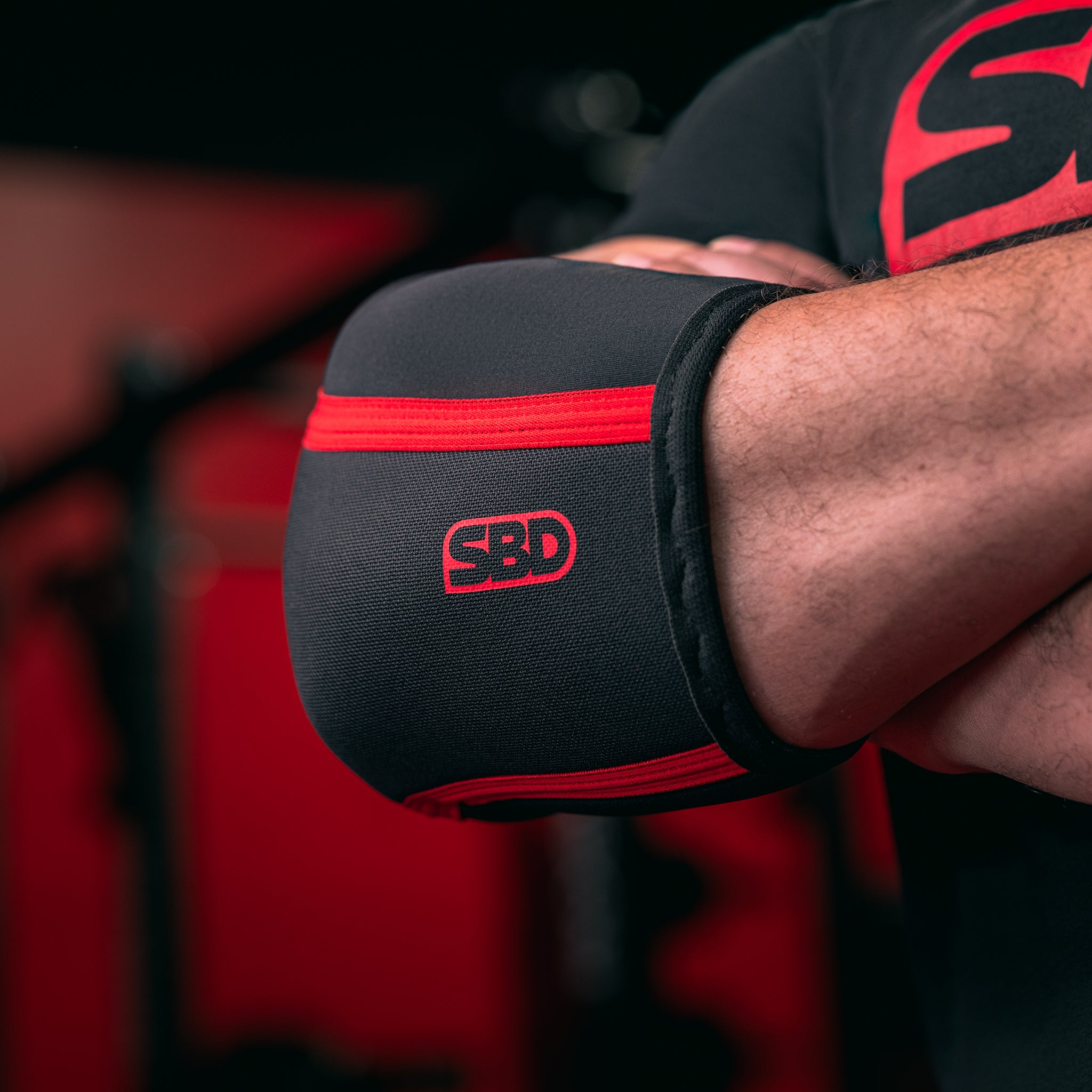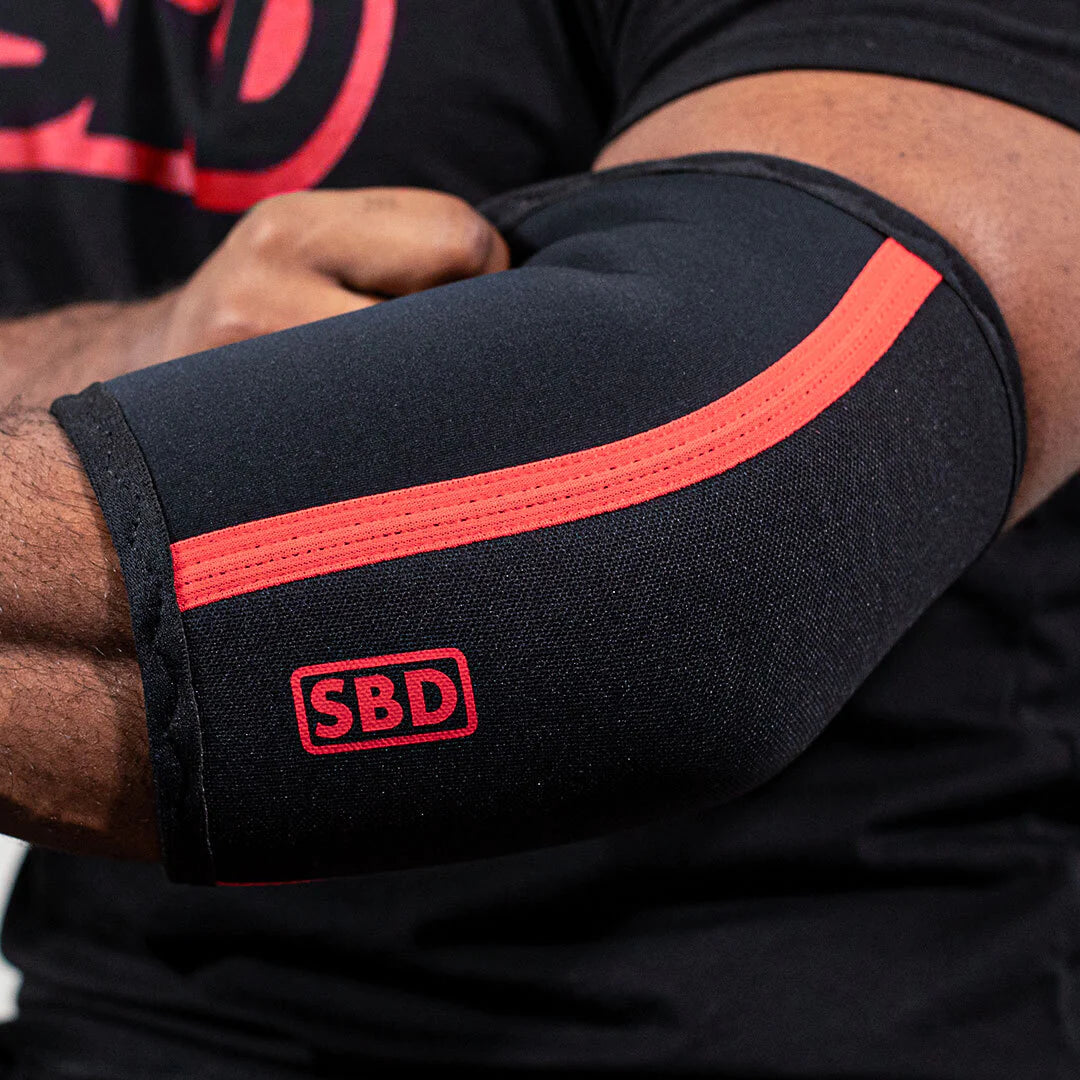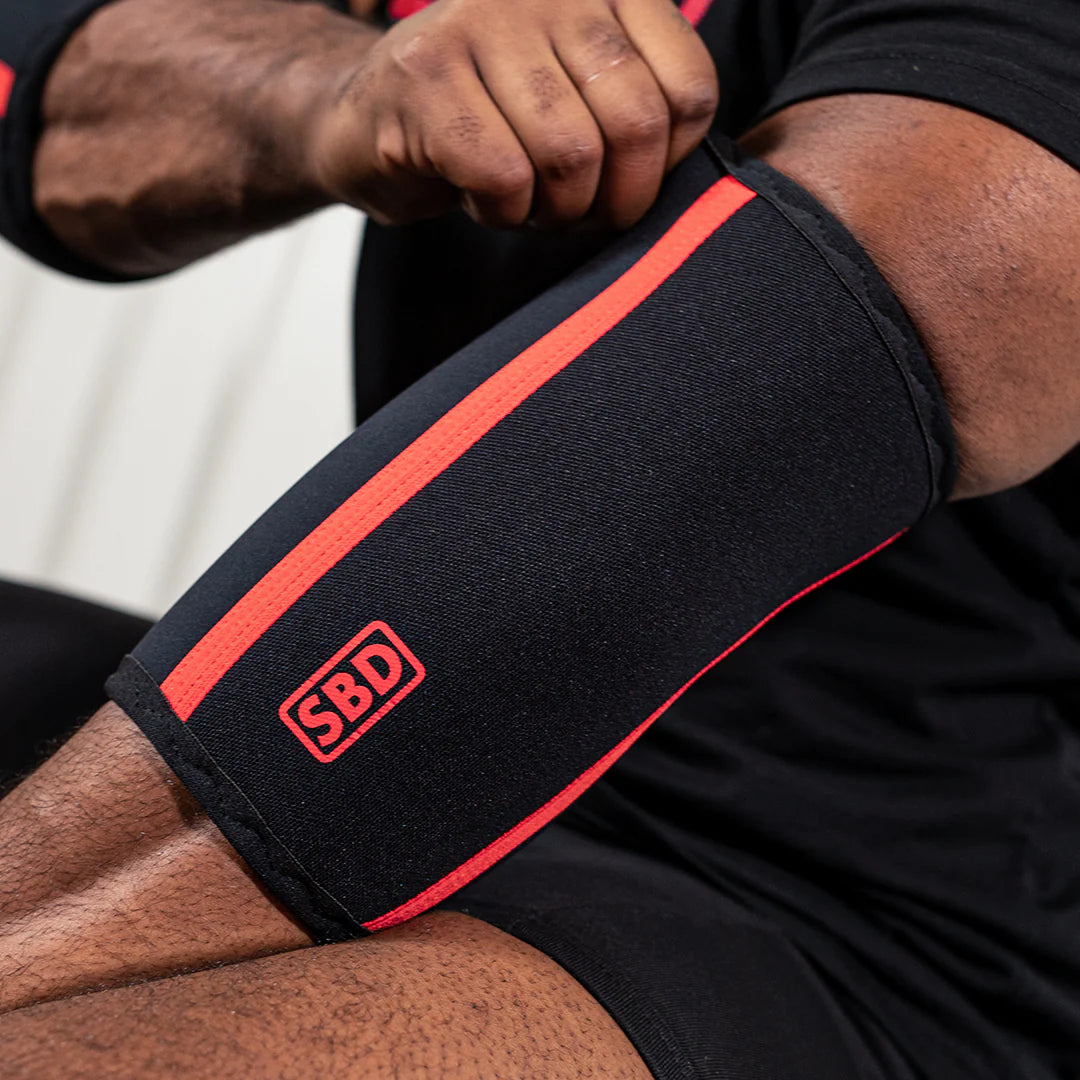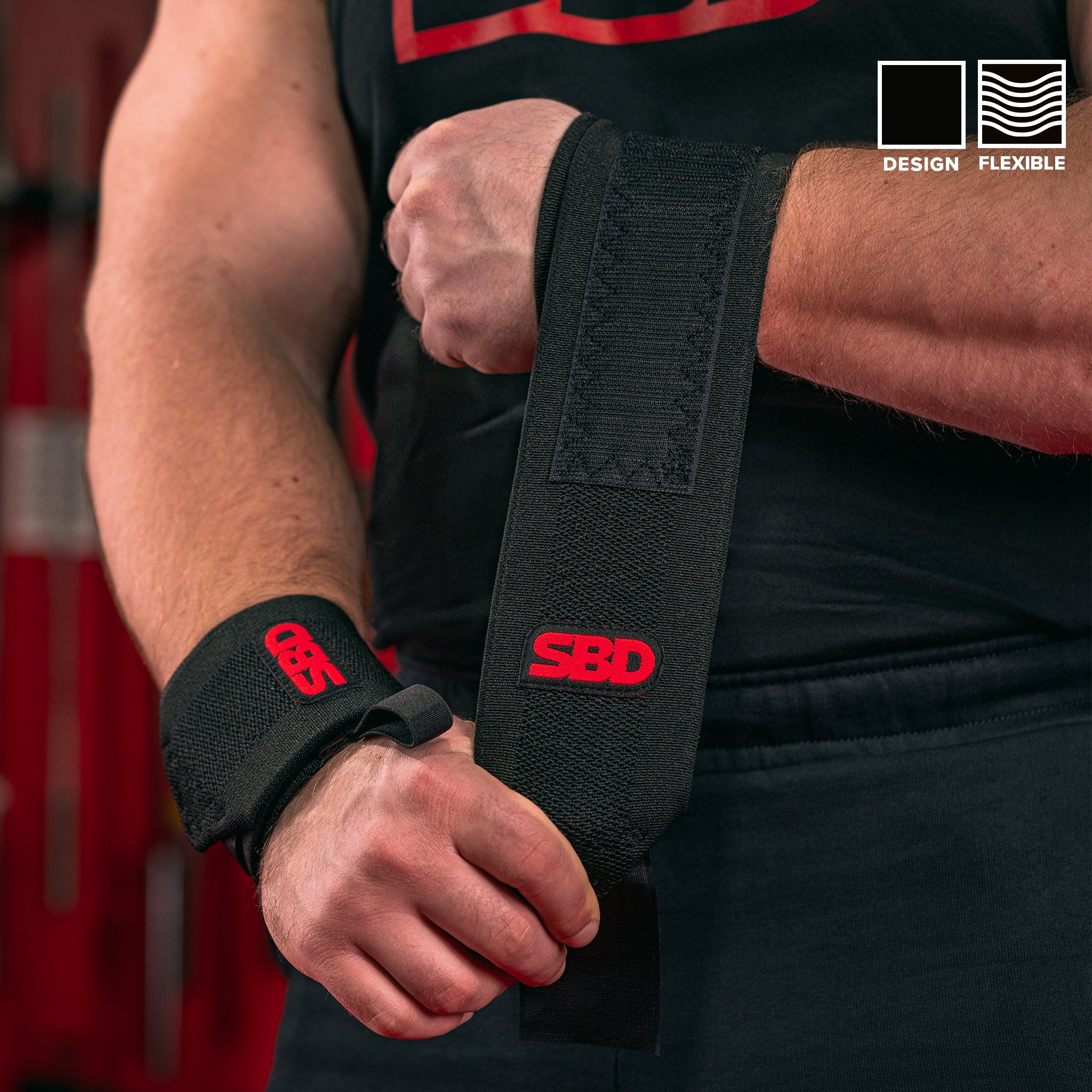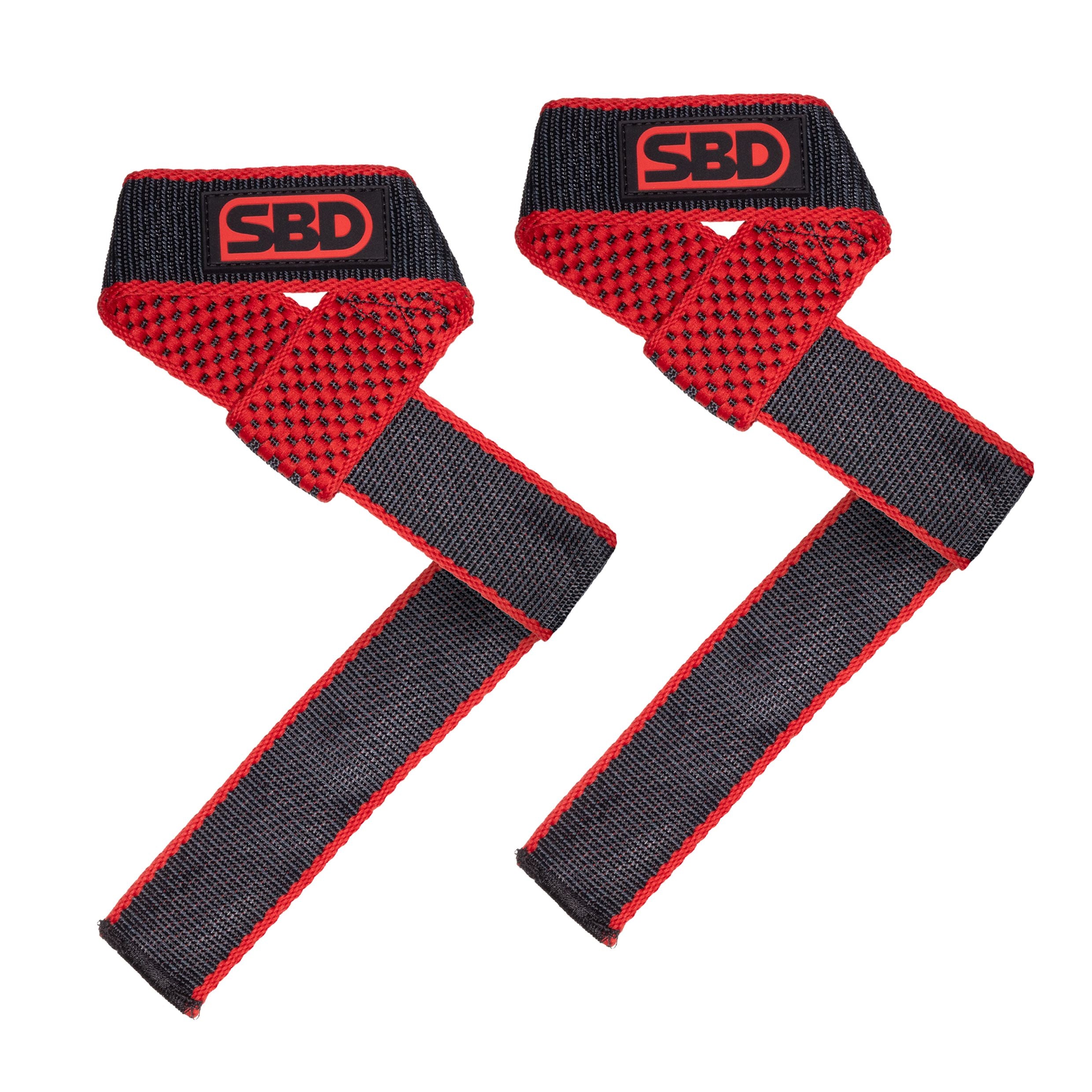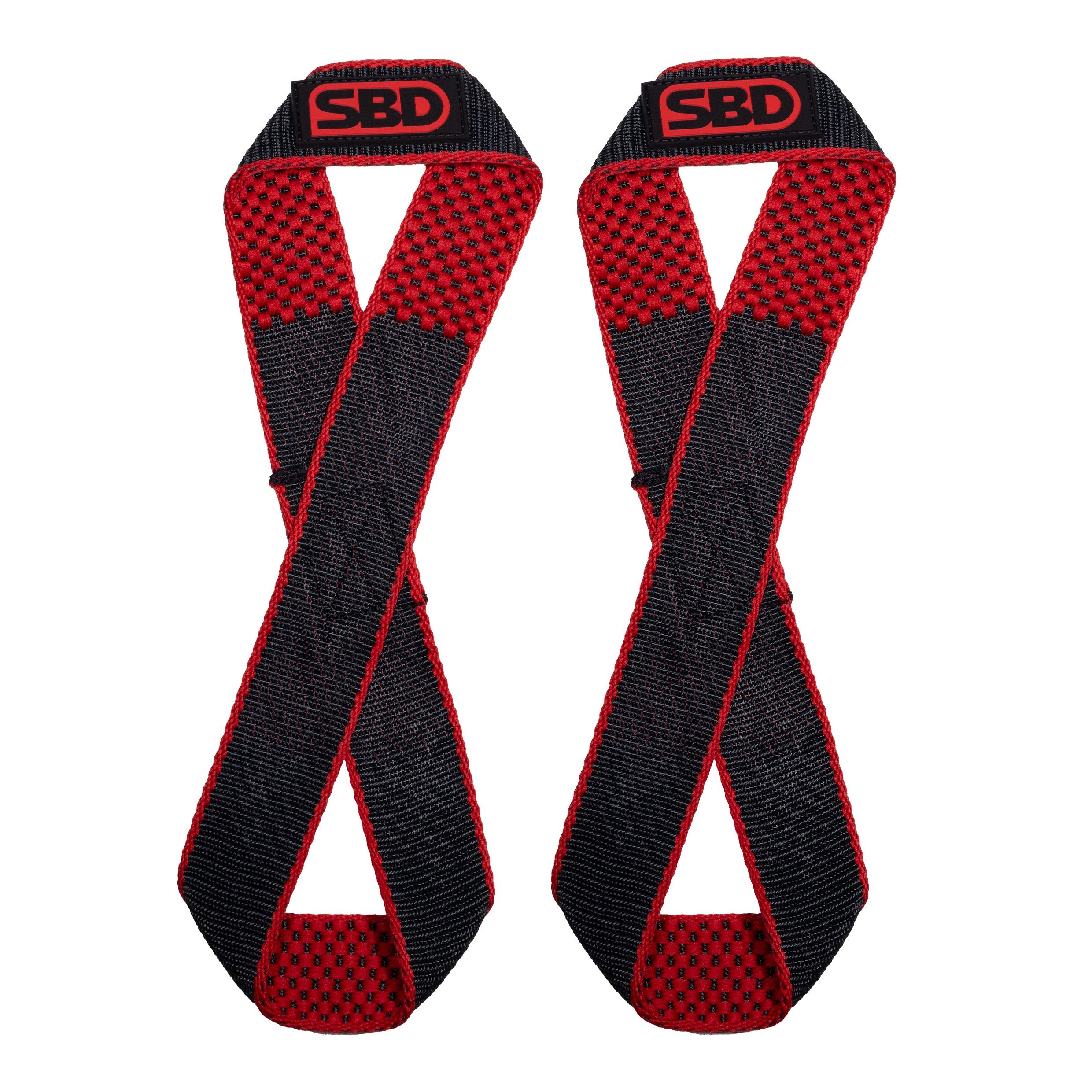Bench press speed training is an essential yet often overlooked aspect of strength development. Lifting with explosive speed not only increases power output but also enhances muscle growth and overall performance. In this article, we will explore the science behind speed training, effective methods to improve bar speed, and common mistakes to avoid.
Understanding Bench Press Speed Training
Why Speed Matters in Strength Training
Speed training is directly linked to power development. Moving a load quickly increases the rate of force production, which translates to greater strength gains.
Fast-Twitch vs. Slow-Twitch Muscle Fibres
Fast-twitch fibres are responsible for explosive movements, while slow-twitch fibres support endurance. Speed training targets and develops fast-twitch fibres for stronger, more powerful lifts.
Benefits of Bench Press Speed Training
Increased Power Output
Speed training enhances neuromuscular efficiency, allowing you to generate more force in less time.
Enhanced Muscle Recruitment
Faster lifts activate more muscle fibres, leading to improved strength and hypertrophy.
Improved Athletic Performance
Explosive strength training benefits athletes in sports requiring speed, agility, and power.
How to Improve Bench Press Speed
Perfecting Bench Press Form
Proper technique ensures efficient force transfer and reduces injury risk.
Implementing the Dynamic Effort Method
This involves lifting submaximal loads (50-60% of 1RM) at maximal speed to improve force production.
Resistance Band & Chain Training
Bands and chains create accommodating resistance, improving acceleration throughout the lift.
Plyometric Training for Bench Press
Explosive push-ups and med ball throws develop fast-twitch muscle fibres.
Optimal Reps, Sets, and Rest Periods
Perform 3-5 sets of 3-5 reps at high speed with 45-60 seconds of rest between sets.
Best Exercises to Boost Bench Press Speed
Speed Bench Press
Perform bench press reps with maximum bar speed while maintaining control.
Floor Press
Limits range of motion, focusing on lockout speed and triceps activation.
Medicine Ball Chest Throws
Develops explosive pushing power.
Clapping Push-Ups
Engages fast-twitch fibres and improves pressing speed.
Common Mistakes & How to Fix Them
Using Too Much Weight
Excessive weight slows down movement and defeats the purpose of speed training.
Lack of Explosiveness in Movement
Focus on intent—move the bar as fast as possible while maintaining form.
Ignoring Recovery & Fatigue Management
Overtraining can reduce bar speed and increase injury risk.
Nutrition & Recovery for Speed Gains
Best Nutrition for Fast Muscle Recovery
Consume protein-rich foods and complex carbohydrates to support muscle repair.
Importance of Sleep for Strength Gains
7-9 hours of sleep per night enhances recovery and performance.
Effective Recovery Strategies
Foam rolling, stretching, and deload weeks aid recovery and prevent injuries.
Advanced Speed Training Techniques
Overspeed Eccentrics
Lowering the bar faster forces the muscles to contract harder, improving explosive strength.
Contrast Training for Explosive Power
Pairing heavy lifts with speed drills enhances neuromuscular adaptation.
Isometric Training for Strength & Speed
Holding a weight statically at sticking points builds strength and bar speed.
FAQs About Bench Press Speed Training
How Often Should I Train Bench Press Speed?
Speed training should be incorporated 1-2 times per week alongside regular bench press sessions.
Can Speed Training Improve My 1RM?
Yes, by improving force production and neuromuscular efficiency, speed training contributes to higher max lifts.
Should I Do Speed Training Before or After Heavy Lifting?
Speed work is best done before heavy lifting or on separate days to avoid fatigue.
Is Bench Press Speed Training Safe?
When performed with proper technique and progressive overload, speed training is safe and effective.
How Do I Measure My Bar Speed?
Velocity-based training devices or video analysis can help track progress.
What Weight Should I Use for Speed Work?
Typically, 50-60% of your 1RM is ideal for speed training.
Conclusion
Bench press speed training is a powerful tool for enhancing strength, muscle recruitment, and athletic performance. By incorporating explosive movements, optimal training methods, and proper recovery strategies, you can maximise your bench press gains efficiently.





